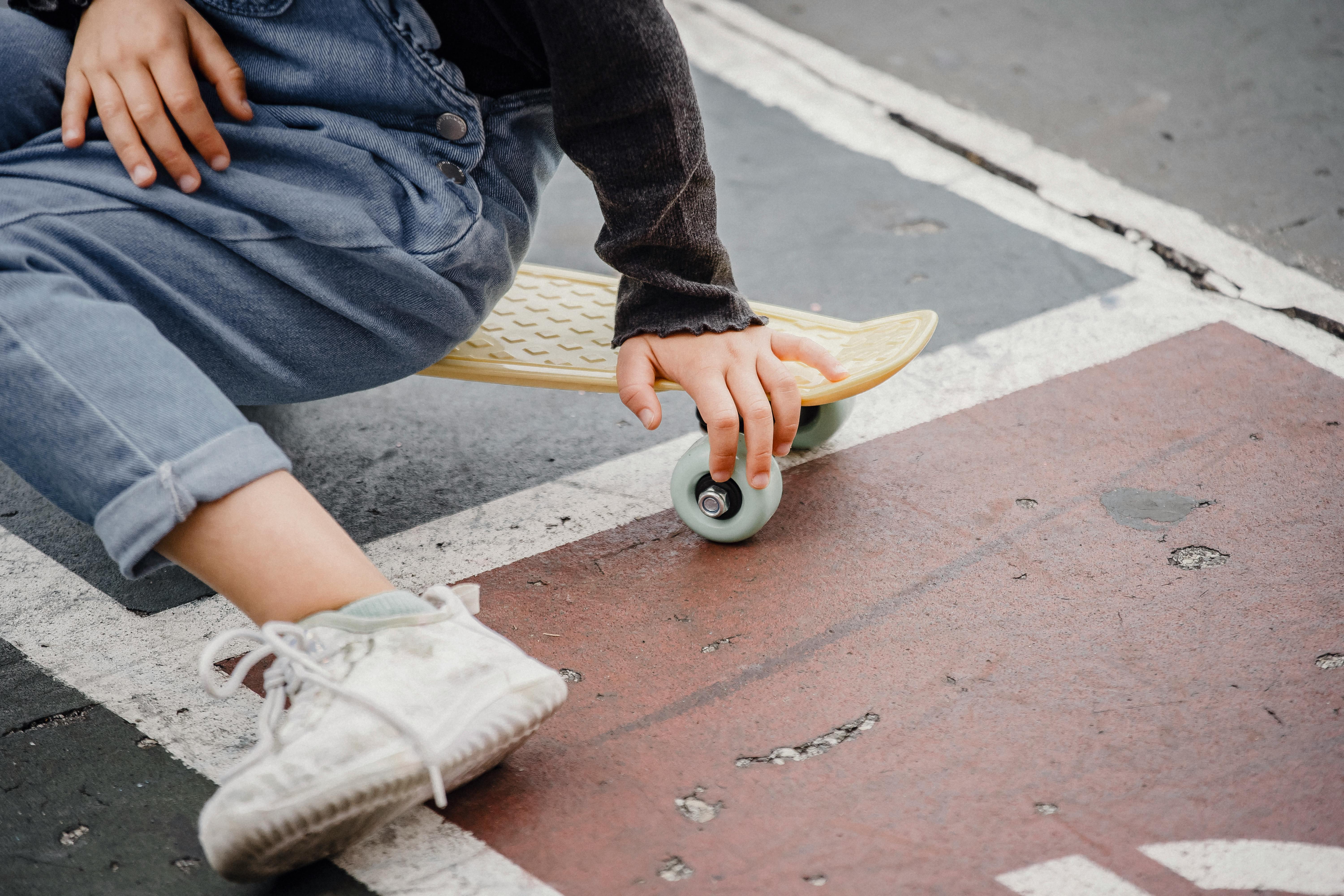
How to take a three cushion shot in pocket billiards
admin
- 0
The cue ball is in the corner pocket and the ball I shot, the object ball, is in the opposite corner pocket on the same short rail. There are several other pool balls in the middle, so a three-cushion shot is necessary to make the object ball into the corner pocket.
Let’s say the end of the table I’m standing on (where the cue ball and object ball are) is the head, the other end is the foot. I’ll be counting the diamonds and the pockets from head to toe. I’ll show you how to find the point on the other side of the table (where to hit the first rail) by subtracting the number of the diamond that connects to the object ball from the number of the cue ball’s position.
First, to find the cue ball’s position number, count from the corner pocket at the foot to the cue ball in the corner pocket at the head. When you count for the cue ball, count 1½, 2, 2½, 3, and so on. The first diamond would be 1½ and would end in 5 for the corner pocket. So the cue ball’s position number is 5.
Second, find the number of the diamond that connects the corner pocket where the object ball is located. When counting for the object ball, or finding connected diamonds, count in whole numbers. The connecting diamond for diamond #1 is diamond #7 on the opposite rail. The object ball is in the corner pocket, which is #8, so the connecting diamond is therefore #2 on the opposite flank. Subtract 2 from 5 and you get 3. So, counting from the foot of the table at the rail you’re shooting at, you get to diamond #3.
because it is a long lane, shoot through the diamond. This means drawing an imaginary line through diamond #3 and shooting at that point on the edge of the rail that is along the imaginary line to the diamond. Remember, on long rails, shoot through the diamond, on short rails shoot us the diamond.
Lastly, shoot hard because you have to hit three rails and have enough momentum to make contact with the object ball (be careful not to make a mistake). Use some high English to the left because the stroke goes to the left and because playing more than one band tends to put English, or a little spin, on the cue ball.
When you attempt this shot you will see that you are shooting across the table and hit the spot near diamond #3, the cue ball then hits the short rail at the foot of the table, then hits the other long rail on the diamond #2 and finally travels to the corner, pocketing the object ball. Ready! This method is practically foolproof and easy to remember.
Happy shooting everyone!
Patti Aragon aka 8 Ball Outlaw
